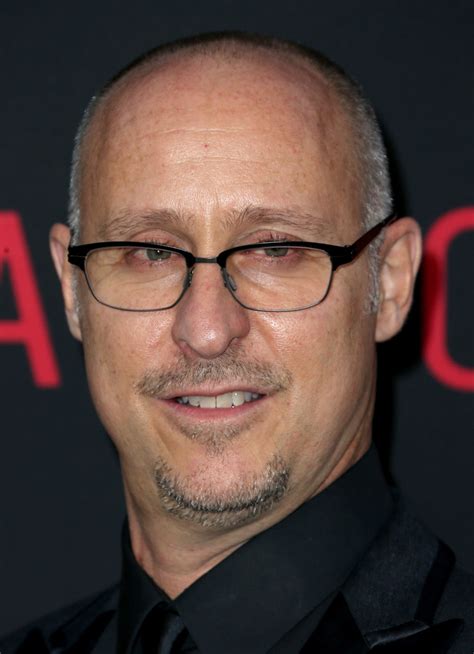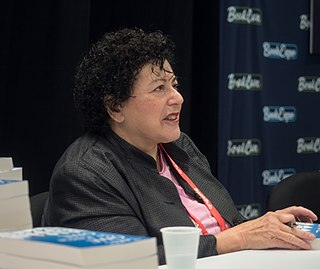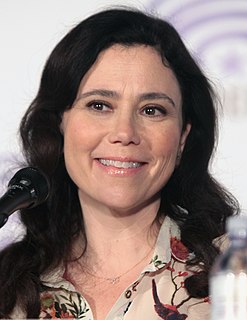A Quote by Divya Khosla Kumar
Even though we were middle-class, my parents always got me what I wanted.
Related Quotes
I grew up in a very loving middle class family. My parents were educators. I'm not even the first PhD in my family. They tried to shield me, just as other parents in my neighborhood tried to shield their children. But you knew there was a reason that you couldn't go to that theme park or to a movie theater or to a hamburger stand. They couldn't shield you completely. What they did though was they never let it be an excuse for not achieving, and they always said racism is somebody else's problem, not yours. They tried in that way not to make us bitter about Birmingham.
My parents both worked; I was a 'latchkey kid.' We were lower-middle class, and they did everything that they could to give me anything I wanted, within reason. We were not rich by any stretch of the imagination, but being an adopted kid, I think we had a different connotation. My parents tried extra hard, I think.
I felt like the luckiest kid in the world. And I was. I was growing up middle-class in a time when growing up middle-class in America meant there would be jobs for my parents, good schools for me to prepare myself for a career, and, if I worked hard and played by the rules, a chance for me to do anything I wanted.
From when I was 7 until I was 22, I played football. That was always my struggle as a kid. I always wanted to be an artist, but my parents were divorced, and my dad really wanted me to play sports, and that's how I got to see him. He would come pick me up or take me to practice, and he was always at my games.
My parents were working class folks. My dad was a bartender for most of his life, my mom was a maid and a cashier and a stock clerk at WalMart. We were not people of financial means in terms of significant financial means. I always told them, 'I didn't always have what I wanted. I always had what I needed.' My parents always provided that.
My brother, who's a few years older then me, went to college in New York. He said all of these people from Saturday Night Live do improv together in Upright Citizens Brigade, and I thought, "Oh, that sounds really cool." So when I got braces and couldn't play music anymore, I said to my parents that I wanted to go to New York and take a class at that place. They were remarkably on board with it. I got on the train, went up, took a class and I loved it.
When I grew up, I realised what an amazing thing my parents did. It was such a big deal for my mom, a middle class woman, to decide to leave her children and husband to go and do her Ph.D. for three years. And my dad, who is even more middle class, a traditional South Indian, to let his wife do that.




































